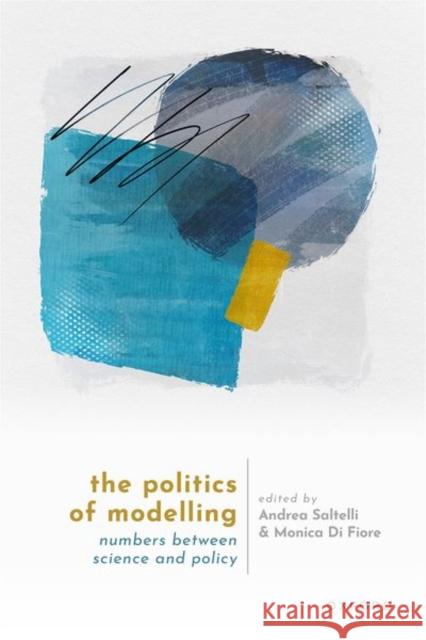The Politics of Modelling: Numbers Between Science and Policy » książka
topmenu
The Politics of Modelling: Numbers Between Science and Policy
ISBN-13: 9780198872412 / Twarda / 2023 / 272 str.
Kategorie:
Kategorie BISAC:
Wydawca:
Oxford University Press
ISBN-13:
9780198872412
Rok wydania:
2023
Ilość stron:
272
Wymiary:
23.4 x 15.6
Oprawa:
Twarda
Dodatkowe informacje:
Bibliografia
Wydanie ilustrowane
Wydanie ilustrowane











